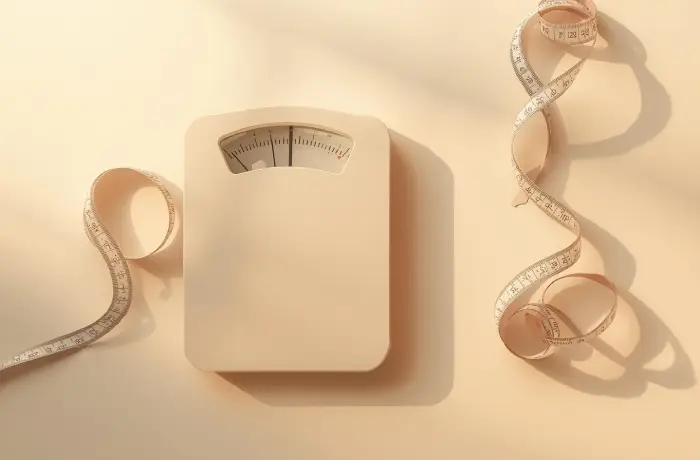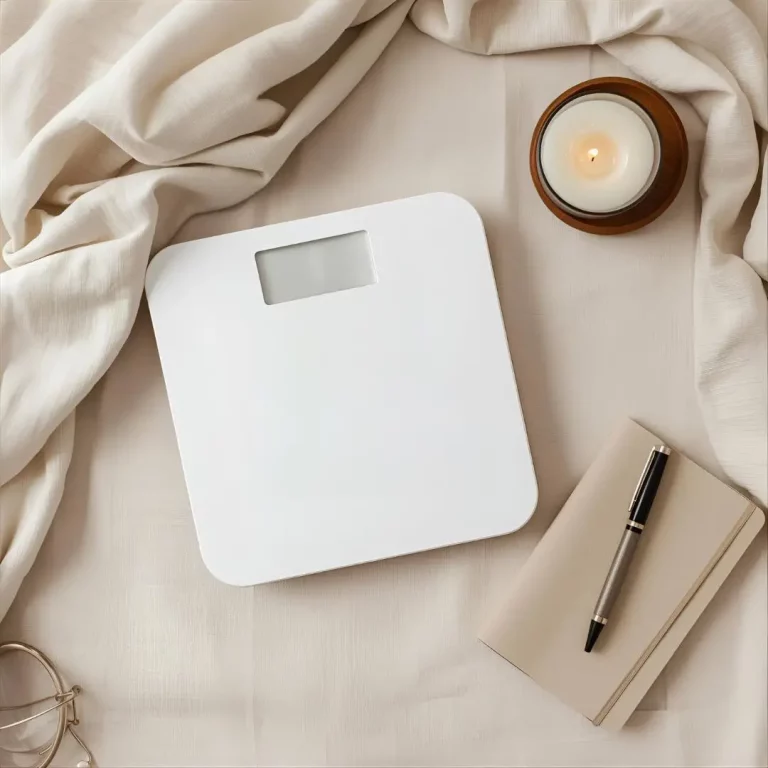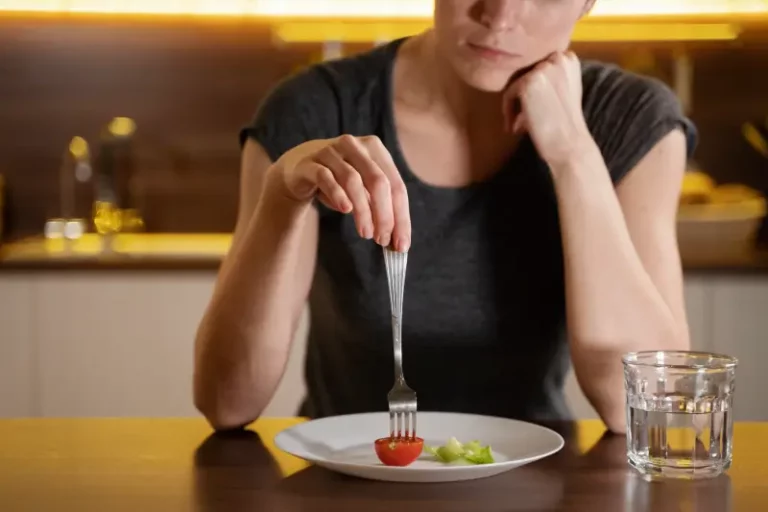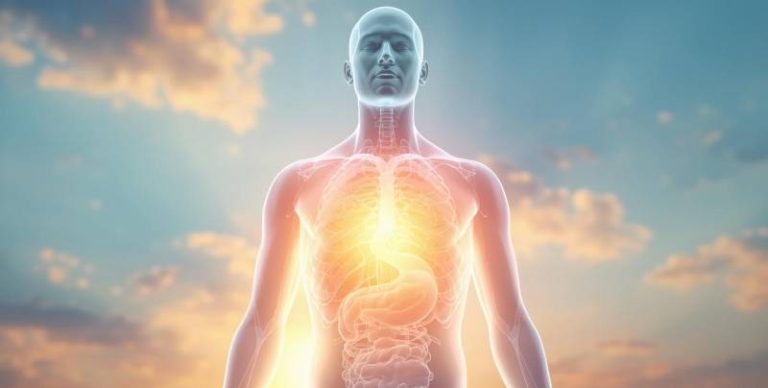7. Dietary Deceptions
Beware of Dietary Deceptions
Introduction
We spent years of our lives in a hidden war with ourselves — a battle between wanting and not wanting, between control and loss of control. Each time we decided, “This time I’ll eat right,” our mind quietly began creating new justifications: “Just for tonight, it’s okay,” “I’ll start tomorrow,” “It’ll burn off if I walk later.” We believed these thoughts because they brought us comfort — a temporary and false comfort that soon gave way to shame, guilt, and a sense of failure.
In an OA Questions and Answers literature, there was a term that later took on a new and deeper meaning for many of us: “dietary deceptions.” This phrase first appeared in the 1960s among members of Overeaters Anonymous (OA), when the Twelve-Step program was still in its early years and members were trying to understand their mental and behavioral patterns. Around that time, in August 1961, a list of nine OA tools was published to help members restore order to their eating and nurture their spiritual growth. But over time, many of us discovered that our sick minds could even use those very tools to deceive us.
“Dietary deceptions” are, in fact, the ways our diseased mind tries to maintain control and escape from feelings. These tricks sometimes take the form of a diet, sometimes appear as discipline, and sometimes disguise themselves as logic — but deep down, they all share one purpose: to keep us from seeing the truth — the truth of our powerlessness over food.
This writing is an attempt to look within these dietary deceptions: to see where they come from, what role they play in our disease, and how we can free ourselves from their grip through honesty, humility, and surrender.
1. The Diseased Mind and the Roots of Dietary Deceptions
In OA, we have learned that our illness is not just about our stomachs or food — it is primarily rooted in our minds and thoughts. Our sick mind loves to stay in control, even though time and again it has proven it cannot be trusted. Instead of admitting its powerlessness, it keeps searching for new ways to “manage” our eating — and that is exactly where dietary deceptions are born.
Sometimes our mind whispers:
“Just a small piece,”
“This one’s healthy,”
or “If I eat more today, I will eat less tomorrow.”
Other times, it comes dressed as discipline and reason:
“I’ll start a new diet tomorrow,”
“I’ll count calories more carefully,”
or “I’ll never eat sweets again.”
These promises give us a fleeting sense of control — while, in truth, we remain prisoners of the same old fears and compulsions.
Our diseased mind is a master of justification.
When we feel pain, anger, fear, or loneliness, it doesn’t want us to face those feelings. Instead, it suggests we eat something or create a new food plan — anything to distract us. On the surface, it gives us a sense of “power” and makes us feel “in charge,” but deep down it pulls us further away from truly experiencing our emotions and from our conscious contact with a Higher Power.
In reality, dietary deceptions are the mind’s way of keeping the disease alive.
As long as we keep listening to that voice, we remain stuck in the same vicious circle: an enthusiastic start, failure, guilt, and the promise of a new beginning.
We’ve said countless times, “This time will be different,” but nothing truly changes until we stop relying on our mind as the only source of answers.
In OA, we learn to listen not to the deceitful voice of the mind, but to the voice of honesty within — the quiet whisper that says: “You are powerless, but you are not alone.” That’s where recovery begins.
When we first heard the phrase “dietary deceptions,” we might have imagined complicated tricks or dramatic behaviors. But over time we discovered they are often subtle and ordinary, hidden right inside our daily decisions. Our mind has learned to disguise itself under the masks of “logic,” “health,” or even “abstinence.”
Sometimes we tell ourselves:
“I don’t eat between meals — just one nut or a piece of fruit won’t hurt.”
“If I overeat now, I’ll walk it off later.”
“I’m not a compulsive overeater; I just love healthy food!”
“I only celebrate on weekends — I’ve been good all week.”
“I’ll skip breakfast to save calories.”
“I only eat when others do, so it’s fine.”
“If I’m standing or working, it doesn’t count as eating.”
Here’s a faithful, natural, and OA-consistent English translation of your passage — keeping the tone, rhythm, and spiritual depth of OA literature:
2. A Look at the Emotional Side of Food Deceptions
In the program, we have learned that our food deceptions are not our enemies; they are merely signs of our disease. For years, our mind has used these deceptions to protect us from facing reality. On the surface, they seem soothing — like a temporary bandage over a deeper wound — but underneath, they are simply ways to avoid our true feelings.
When we are restless inside, our diseased thinking doesn’t say, “Feel your feelings,” it says: “Eat something,” “Change your plan,” or “Start over tomorrow.” It doesn’t want us to face pain because it believes we can’t handle it. But the truth we have discovered in OA is that our feelings won’t destroy us — only hiding them keeps us sick.
If we look more closely, behind most of our food deceptions lie four inner reactions:
1. Fear of Real Feelings
We are afraid to face anger, sadness, loneliness, or fear. Food has been our shelter to silence those emotions. When we didn’t want to cry or face a painful truth, our mind found a trick — a way to eat instead of feel.
2. The Desire for Control
For years, we tried to control our lives with diets, plans, and self-made rules. Our food deceptions gave us the illusion that we were “in control,” while in truth, we were driven by the obsession to control. Our mind didn’t want to surrender — even when it had proven, again and again, that it could not be trusted.
3. Denial of Powerlessness
Saying “I am powerless” was hard for us. Our food deceptions were a way to deny that powerlessness — pretending we could still fix things. We told ourselves, “I just need a little more discipline,” when the real problem was not lack of discipline, but a spiritual illness.
4. Escaping Emotional Pain
Many of us grew up with pain, shame, or lack of love. Food became our unspoken language of comfort. Our food deceptions are simply a continuation of that old pattern — a way to run from pain without healing it. But escape never brings freedom.
We often hear in meetings:
“My mind was always looking for a way to convince me I still had control — even when, deep down, I knew I didn’t.”
When we hear this, we recognize something deeply familiar.
We have all seen that our food deceptions are not signs of weakness — they are cries for help. They tell us there are still wounded and frightened parts inside us that need love, attention, and connection with a Higher Power.
In OA, we learn not to fight these deceptions, but to listen to them with kindness and hear what they are trying to tell us. They do not say, “You are bad,” but rather, “You are still in need of healing.” And that awareness — that gentle honesty — is where our freedom begins.
- Spiritual Aspect: From Deception to Surrender
In recovery, we have learned that our dietary deceits cannot be defeated by force, sheer willpower, or self-blame. Our minds have relied on them for years as tools of protection. These deceits may appear soothing — giving us a sense of control and safety — yet beneath the surface, they only keep us from truth and real feeling. The only path to freedom is to face these deceits honestly and turn them over to a Higher Power.
In the program, the first three Steps illuminate the path of surrender and release:
Step One: Admitting powerlessness over food
Accepting the truth that we cannot control food by ourselves is the beginning of awareness.
When we recognize that our minds are entangled in deceits, we stop fighting ourselves.
We learn that these deceits are symptoms of our disease, not signs of personal failure. Acceptance is like opening a window to the light of truth — the moment we see that the deceits are merely misguided attempts of a sick mind to protect us.
Step Two: Believing in a Power greater than ourselves
Belief in a Power beyond our own brings light to the path of freedom. We learn that we are not alone and that we can rely on this Power for guidance. When we allow that help, we begin to make real, healthy choices. Instead of condemning our minds for deceiving us, we see those deceits as part of our journey — and we now allow our Higher Power to lead us forward.
Step Three: Turning our will and our lives over
The deceiving mind fears surrender, believing that without control, everything will fall apart.
But OA experience shows that surrender is not defeat — it is the beginning of true freedom.
When we turn our will and lives over to the care of our Higher Power, we no longer need to fight endless battles with ourselves or with food.
We learn to wait, to trust, and to make healthy choices in the present moment — even when the mind still resists.
In recovery, we discover that surrender means freedom from the chains of deception and craving, not loss of power or worth. Each time we face a deceit with honesty and surrender, the sick mind quiets down, and a new space opens within us — a space for spiritual growth and healthy living.
For example, instead of saying “I’ll start tomorrow” or “One piece won’t hurt,” we pause and face ourselves with honesty and say:
“This craving is real, and I cannot control it — but my Higher Power can help me.”
In that moment, the cycle of deception breaks — and surrender becomes the doorway to freedom.
4. Responding to the Food Deceptions
If our mind whispers, “Just for tonight, it’s okay,” we can answer: “This is only a mental deceit that offers temporary comfort.” Instead of giving in, reaching out to a sponsor or attending a meeting can break the cycle of deception and bring us closer to honesty and the support of the fellowship.
If our mind says, “I’ll burn it off tomorrow,” we remind ourselves that the promise of compensation only traps us again in the cycle of overeating and shame. Instead, we write about the feeling or craving, pray or meditate, and by turning it over to our Higher Power, we choose a healthier response.
If our mind says, “It’s just the weekend — it’s a celebration,” we remind ourselves that this deceit does not represent real control. To reduce temptation, we make our environment safe, plan our meals ahead, and stay away from trigger foods.
If our mind says, “I’ll skip breakfast to save calories,” we answer that restriction and rigid dieting are never true solutions. Instead of skipping meals, we practice balanced and planned eating, write daily about our thoughts and feelings, and gently notice the deceits as they appear.
If our mind says, “One bite won’t hurt,” we recognize this as a subtle deceit meant to pull us back into the binge cycle. We talk honestly with ourselves or with a sponsor about the craving, and through prayer or meditation, we strengthen our ability to choose sanity.
If our mind says, “This new diet will finally fix me,” we remind ourselves that real control does not come from a diseased mind. By admitting our powerlessness over food (Step One), believing in a Higher Power (Step Two), and turning our will and lives over to that Power (Step Three), we learn that surrender is freedom — not failure.
From the Darkness of Deceit to the Light of Truth
In recovery, we have learned that food deceits are not our enemies — they are messengers from within. They come from the parts of us that are still afraid, lonely, and in need of love.
Each deceit offers us a chance to know ourselves more deeply. When the mind tries to buy peace through control or deception, it is really saying: “I am still afraid. I still don’t know how to feel. I still need love.”
In the past, whenever we listened to these deceits, we ran from fear. But today, through recovery and honesty, we are learning to stay, to look, and to feel.
We no longer need to hide behind food.
We no longer need to convince ourselves that “this time it’s different.”
Through this program, we discover that honesty is the only light that can dissolve the darkness of deceit.
Each time we tell the truth about ourselves — even when it hurts — we take one more step toward freedom.
“Today, instead of deceiving ourselves, we choose to be honest — even when honesty hurts — because truth is the light that leads us from deceit to freedom.”







